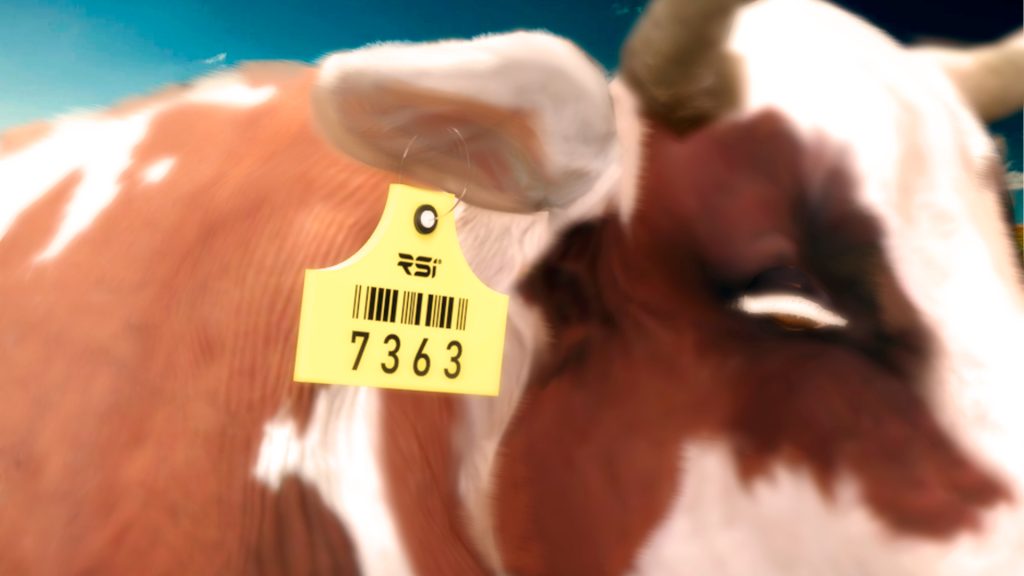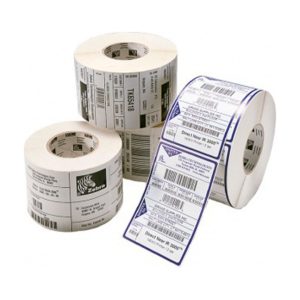Modern livestock farming faces constant challenges in terms of efficiency, control and monitoring of livestock. RFID (Radio Frequency Identification) technology has emerged as an innovative solution that offers multiple benefits to livestock farmers. In this article, we will explore how RFID cattle tags are transforming the livestock industry, improving herd management and providing crucial data for decision making.
What are RFID Livestock Earring?
RFID earrings are small, lightweight devices that are placed in the animal’s ear. These devices contain an RFID chip that stores a unique identifier and communicates via radio waves with an RFID reader. This technology allows for quick and accurate identification of each animal in the herd, eliminating the need for manual methods and significantly reducing errors.
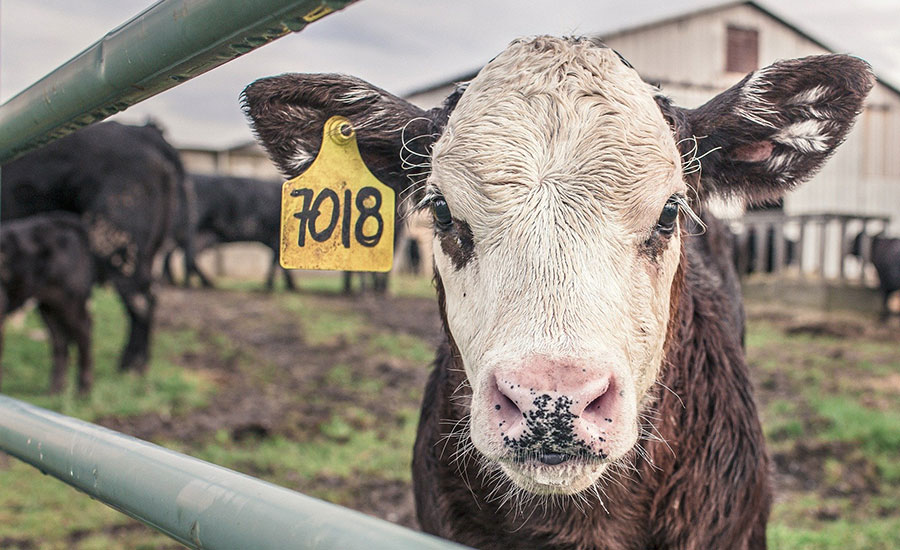
Benefits of RFID Earrings in Livestock Farming
1. Efficient Herd Management
RFID tags allow farmers to track each animal individually, making it easier to manage large herds. With a simple scan, vital information such as age, health history, reproductive status and feeding records for each animal can be accessed.
2. Error Reduction
Manual identification of animals is prone to errors, especially in large herds. RFID earrings eliminate this possibility by providing accurate and consistent data. This is crucial to maintain accurate records and comply with health and traceability regulations.
3. Improved Decision Making
Data collected through RFID tags can be integrated into livestock management systems, providing detailed analysis that helps farmers make informed decisions. From optimizing feed to improving breeding programs, accurate information is key to improving productivity and profitability.
4. Health Control and Traceability
In the event of disease outbreaks, the ability to trace the origin and movement of animals is crucial. RFID earrings allow precise tracking, facilitating the implementation of health control measures and complying with the traceability requirements demanded by authorities.
5. Savings of Time and Resources
Automating the identification process with RFID reduces the time and resources required to carry out inventories and monitoring. This frees up staff to focus on other critical tasks, improving overall operational efficiency.
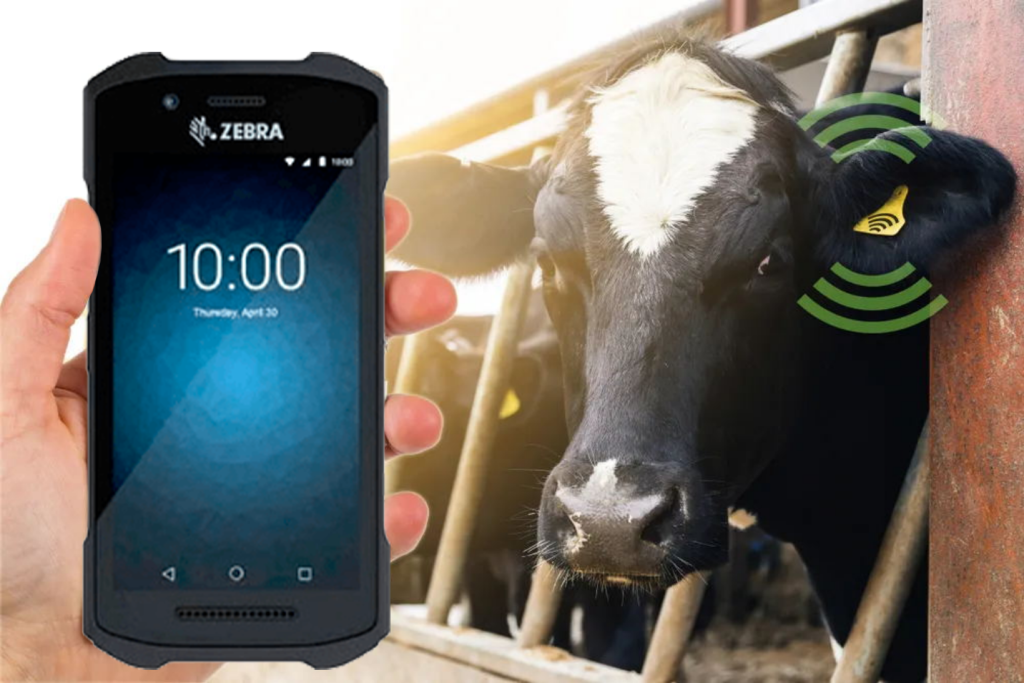
Implementation of RFID Earrings in Livestock
The implementation of RFID tags requires the installation of RFID readers at strategic points, such as pens, feeders and milking parlors. These readers capture earring data as animals pass by, automatically updating the management system’s database.
Step 1: Equipment Selection
It is essential to choose high-quality RFID equipment that is resistant to environmental conditions and durable. The earrings should be comfortable for the animals and ensure an accurate and constant reading. Among the most outstanding options on the market are solutions for Zebra Technologies, which is a leader in the RFID technology sector, recognized for the quality and reliability of its products. Zebra Technologies offers a wide range of RFID devices, ensuring durability and performance even in the most demanding conditions. Zebra’s strong market position and commitment to innovation make it a trusted choice for any rancher looking to implement RFID technology into their operation.
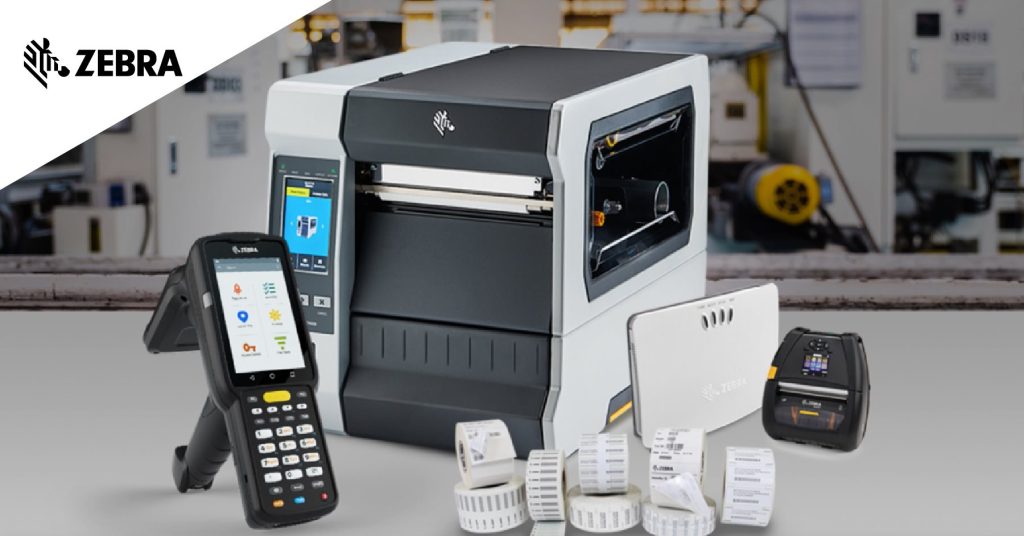
choice for any rancher looking to implement RFID technology into their operation.
Step 2: Integration with Management Systems
Integrating RFID data with livestock management systems allows you to make the most of the technology. There are various software solutions that can be adapted to the specific needs of each livestock farm.
Step 3: Staff Training
Staff must receive appropriate training on the use and maintenance of the RFID system. This ensures smooth implementation and maximum utilization of the benefits of the technology.
Success Stories in the Use of RFID Earrings
Various livestock farms around the world have reported significant improvements after the implementation of RFID tags. For example, a dairy farm in New Zealand managed to reduce the time spent monitoring the herd by 20% and improve the overall health of its animals thanks to precise monitoring.
In conclusion, the RFID cattle tags represent a powerful tool for modern livestock management. By offering accurate identification, error reduction, and improved decision-making, this technology not only optimizes daily operations but also contributes to more sustainable and profitable herd management. Farmers who adopt this technology will be better positioned to meet the challenges of the future and maximize the potential of their farms.
If you want to learn more about how to implement RFID tags on your livestock farm and the benefits they can bring, visit RSI Mexico for more information and personalized solutions for your business.

Andrés Alcántara
RSI México


